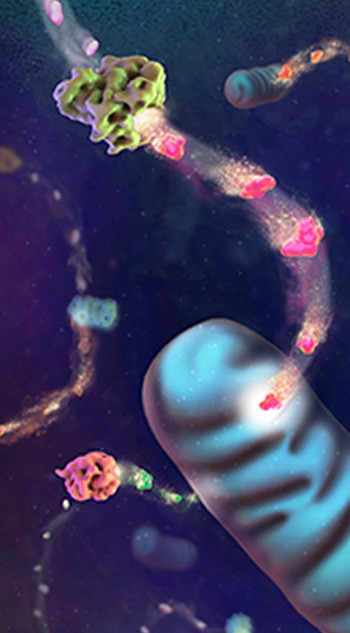
Immunometabolism is the study of how metabolic processes influence immune cell functions and how immune responses, in turn, shape cellular metabolism. This field examines the roles of cytokines and metabolites, which act as signaling molecules and energy sources, respectively. Cytokines can trigger or modulate metabolic pathways in immune cells, affecting their activation, growth, and response capabilities. Similarly, metabolites provide the necessary energy and building blocks that enable immune cells to proliferate, function optimally, and sustain their activity during immune responses. This dynamic interplay is crucial for maintaining health and combating disease. Together, cytokines and metabolites orchestrate a complex network that links metabolic health with immune competence on a systemic and cellular level. This blog discusses how cytokines and metabolites not only influence but also drive immune cell functions, revealing new avenues for therapeutic interventions across a range of diseases.
Continue reading “Immunometabolism: The Dynamic Interplay of Cytokines and Metabolites”
